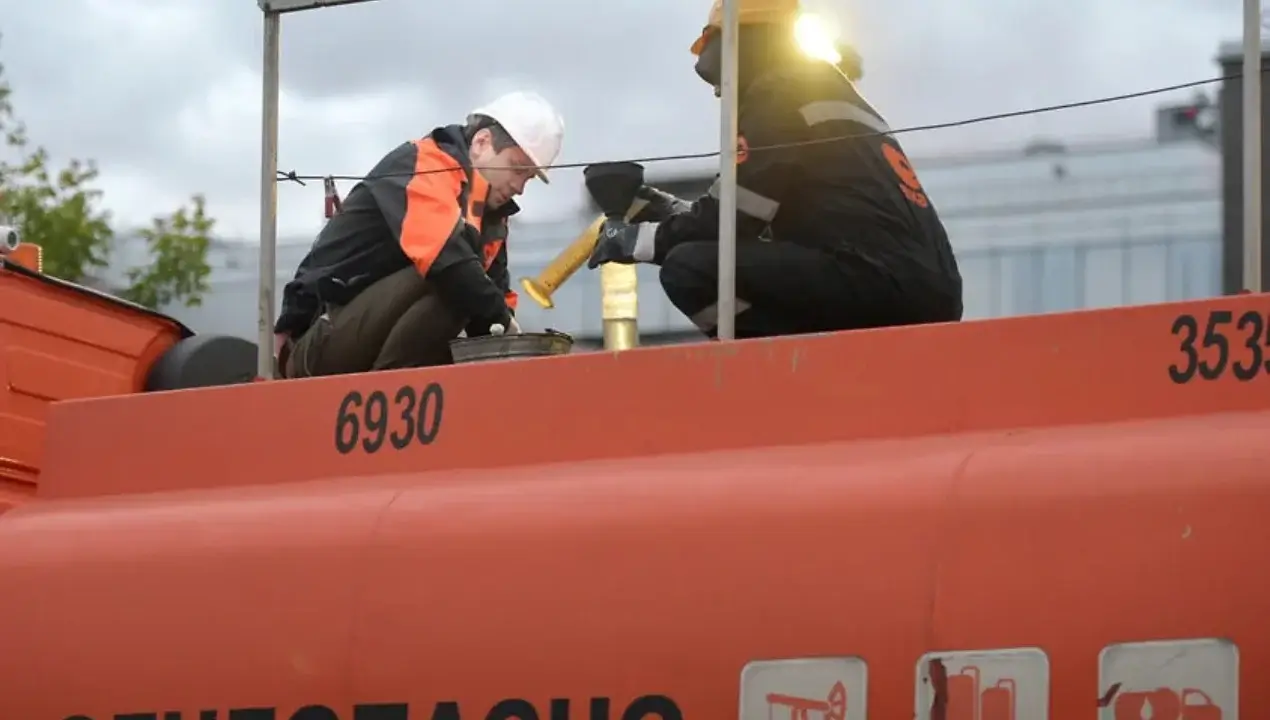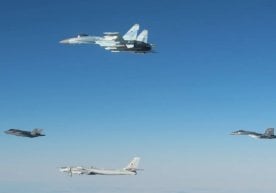Fuel shortage in Russia: gasoline imports from Asia and Belarus are increasing

The Russian government has prepared a package of measures to start importing gasoline from China and other Asian countries to compensate for the fuel shortage in the country following the drone attack on the largest oil refineries.
According to Kommersant, Moscow intends to purchase gasoline not only from the PRC but also from South Korea and Singapore. For the import of gasoline, it is planned to zero import duties on fuel imported through some checkpoints in the Far East. Thus, the difference between world and domestic market prices for importers will be compensated by the state.
The supply of gasoline from Asia will be carried out by three companies - Rosneft, the Independent Petroleum Company (INPC), and the State Foreign Economic Association "Import of Industrial Raw Materials." These companies direct 150,000 tons of gasoline from oil refineries in Siberia to the central regions of the Russian Federation every month.
The government also plans to lift the ban on the use of an octane-increasing additive, which will allow increasing gasoline imports from Belarus and increasing monomethylaniline (MMA) production by oil refineries. The MMA supplement is banned in most countries of the world due to its high toxicity and oncological risk, and was used in Russia until 2016.
By the end of September, 38% of oil refineries in the country (338 thousand tons per day) were out of operation. The main reason for this situation is Ukraine's direct drone attacks, which resulted in strikes on more than 20 large oil refineries.
This situation seriously affects the operation of the fuel and energy complex in Russia. The regions from Sakhalin and the Kuril Islands to the Nizhny Novgorod region and Crimea are experiencing fuel shortages. In these regions, there is a limit on the sale of gasoline, and it is forbidden to sell more than 30 liters of gasoline per person.
The government aims to increase gasoline imports from Asia and Belarus and reduce environmental requirements for oil refineries, thereby allocating an additional 350,000 tons of gasoline and 100,000 tons of diesel fuel to the domestic market monthly. Nevertheless, the imposed restrictions on petroleum products and new import measures include not only the domestic market but also global fuel trade.
Read “Zamin” on Telegram!





















